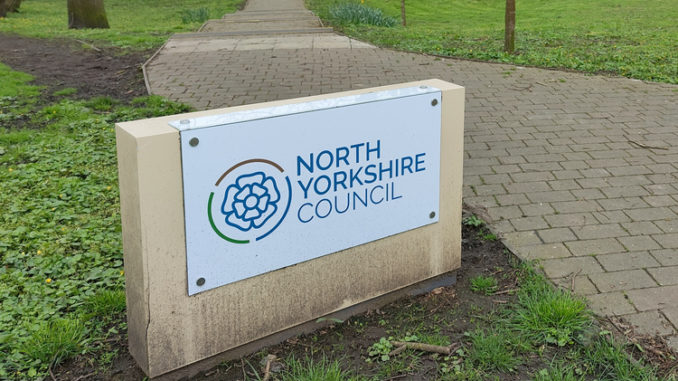
North Yorkshire Council says it wants to improve waiting times for autism assessments after being told by parents that delays of more than three months are harming the mental health of children.
The council is set to ask the public for views on its draft autism strategy for 2024-2027 that has an aim of helping autistic children, young people and adults to live full, happy, and healthy lives.
Autism is lifelong neuro-development condition that affects how people perceive the world, communicate and interact with others.
Approximately 1% of the UK population is autistic, meaning around 6,155 autistic people live in North Yorkshire based on the 2021 Census.
The new draft document builds on the previous local strategy and joins up areas including education, employment, housing and the NHS in a bid to improve how adults and children with autism access services.
However, according to the report, 9% of children under 10 in North Yorkshire are forced to wait more than 13 weeks for assessments — above the recommended NICE (National Institute for Health and Care Excellence) guidance.
For children between 10 and 17, the proportion waiting increases to 11%.
The draft strategy says children and parents have highlighted a “lack of support” during and after the assessment and diagnosis process, which they say has had a negative impact on their mental health.
They also said that mental health can worsen while waiting for an assessment because an autism diagnosis is often needed to access some types of specialist support.
A 2021 study found that that between 1998 and 2018 there was a 787% increase in the incidence of autism diagnosis across the UK.
Experts say the increase is due to a greater public awareness of autism and earlier recognition and diagnosis of the condition.
North Yorkshire Council has been under significant pressure to deliver SEND (special educational needs and disabilities) provision in recent years.
There are currently eight council-maintained special schools and two special academies in North Yorkshire, including Springwater School in Starbeck and Mowbray School in Ripon.
But since 2016, the number of children and young people in North Yorkshire with identified SEND and an EHCP (education, health and care plan) has increased by over 110%.
There are now over 4,500 children in the county with an EHCP but there is not enough places at council-maintained special schools to accommodate them all.
Almost 600 children are forced to go to schools outside of the county or to independent and non-maintained schools which costs the council millions of pounds every year.
The council has proposed to build a new special school for autistic children at the former Woodfield school site in Harrogate.


Be the first to comment